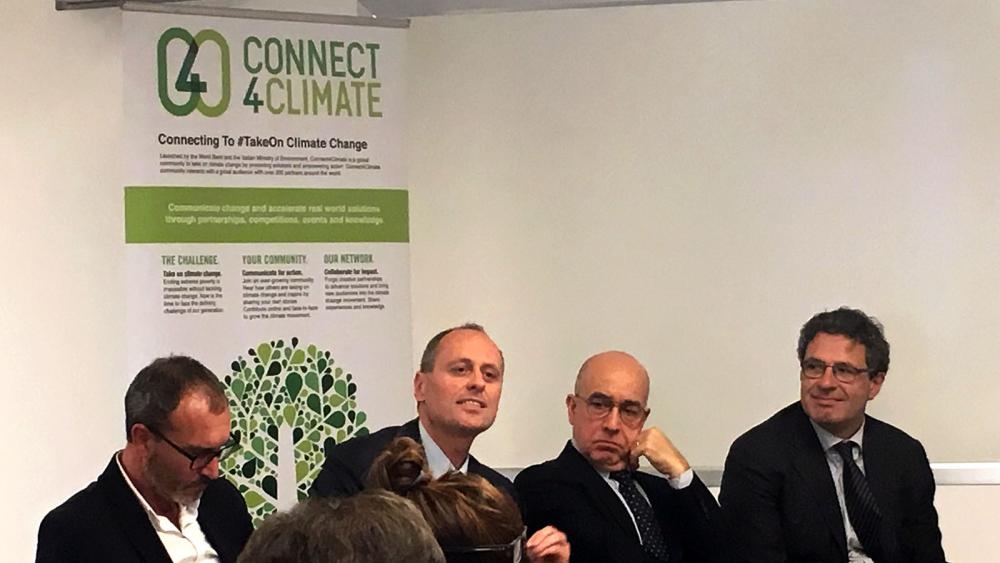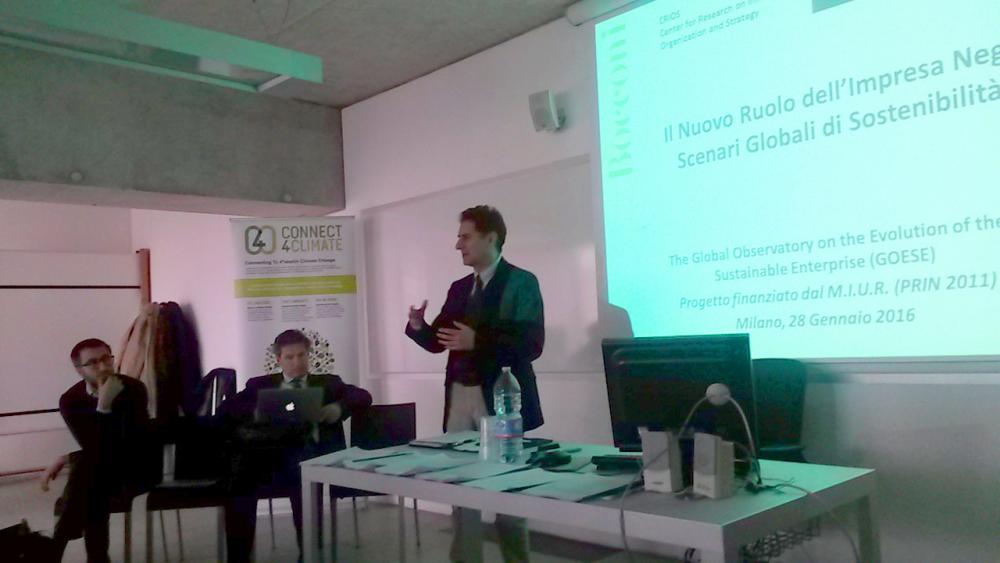
Business, governments all need to act for sustainability
The last few years have seen an unprecedented shift in the way national and international governmental institutions, as well as the business community and representatives of civil society, consider sustainable development.
The disruptive effects of climate change, growing economic disparities within and across countries, recent migration crises, persistent poverty, and lack of access to adequate basic resources have generated a growing sense of urgency, calling for a global effort to balance growth in a more inclusive and balanced manner.
Against this background, the year 2015 has seen the establishment of a milestone in the global commitment to sustainable development.
The role played by business is not limited to providing financial support and specific skills to projects that tackle sustainability issues, but companies can also be game-changers by actively providing innovative solutions for sustainable development challenges. At the UNFCCC climate conference, COP21, in Paris we witnessed much more visible support for climate solutions from the business community.
The involvement of business in the new Agenda will imply the emergence of radically different models of the business enterprise. Connect4Climate works to encourage business leadership and innovation for climate solutions.

Workshop participants discuss role of businesses and goverments for sustainability: Massimo Favilli, Max Falcone, Claudio Puliti and Marco Frey
Workshop at Milan-Bocconi University
A workshop bringing together industry, government and academic leaders was organized on 28 January to present the results three years of research on collaboration between governments, international organizations and corporates for a more sustainable economy.
The participants debated key questions related to the organizational change and learning challenges that companies face when they attempt to make sense of, and manage, sustainability issues as well as rapidly evolving stakeholder expectations in corporate behavior.
The main focus of the discussion addressed: How do firms learn to integrate and manage sustainability and climate change issues in their business model?




